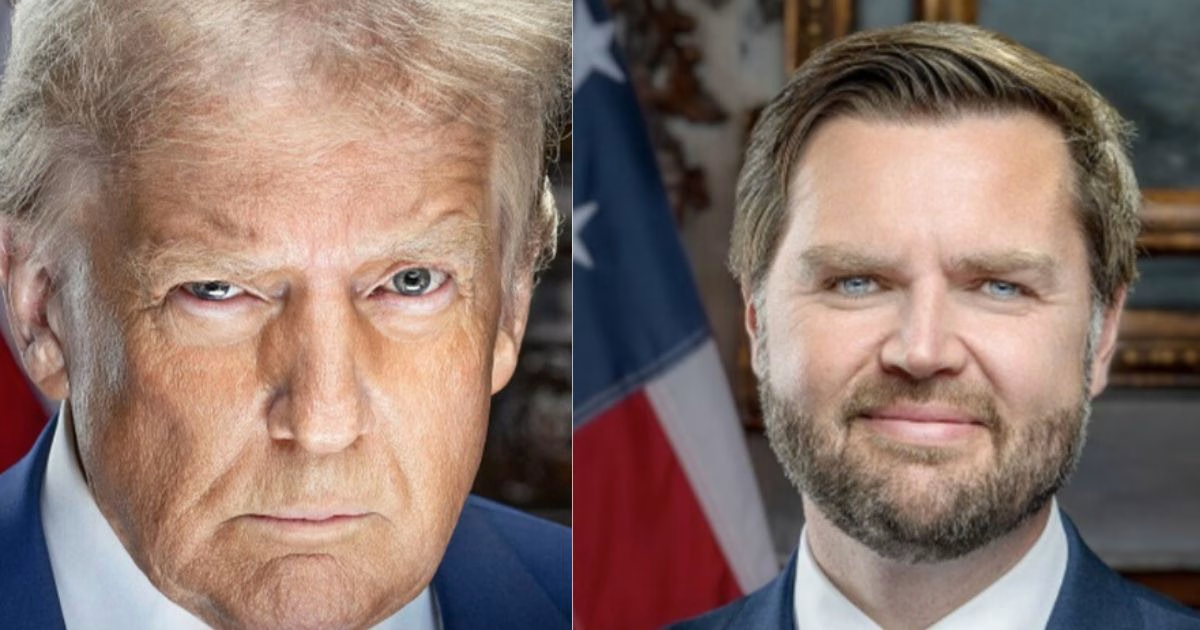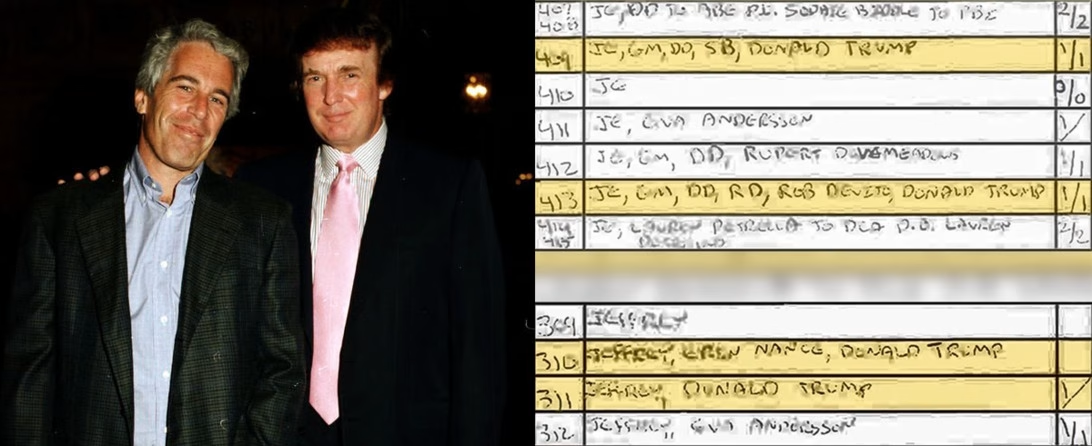By Don Terry | Monday, November 24, 2025 | 4 min read
Illegal order is a phrase most adults rarely think about, yet kids are now unknowingly pushing it into the national spotlight. Children sometimes ask odd questions, but every so often one of them hits with the force of a cultural mirror. Lately, teachers and parents are hearing a new one: Can you break the law and still become president? In another time, that might have earned a gentle laugh and a lesson about responsibility. But today, with the country locked in fierce arguments over power and accountability, the question feels eerily sincere. It echoes a deeper uncertainty adults haven’t figured out themselves: what happens when the meaning of an “illegal order” begins to shift in real time?
No one would accuse a parent of issuing an “illegal order” for telling their child not to pick on another kid or not to steal. But in the world of national command authority, the stakes are amplified a thousandfold, and the consequences of a single directive can shake institutions that have stood for generations. Perhaps that’s why a simple one-minute video posted online by a handful of Democratic lawmakers detonated such a political shockwave this week.
The message in the video was not new. It was a reminder that members of the U.S. military and intelligence community have the legal right—and, in some cases, the obligation—to refuse unlawful commands. Coming from six lawmakers with deep military and intelligence résumés, the statement carried a matter-of-fact tone that many veterans would recognize instantly. But in this moment, with nerves raw and political lines sharpened to razor points, even a routine civic reminder became a spark in a room filling with gas.
President Trump reacted with ferocity. He branded the lawmakers “traitors” on his social platform, accused them of “sedition,” and invoked the specter of capital punishment. By Saturday, he escalated the rhetoric further, declaring they “SHOULD BE IN JAIL RIGHT NOW.” The language was startling, but the speed at which it spread across the national conversation was even more so.
Senator JD Vance entered the fray by seizing on a comment from Rep. Elissa Slotkin during a Sunday interview. Slotkin said she was not aware of any illegal military actions ordered by Trump, a statement that—under calmer circumstances—might have landed as a simple clarification. Instead, it became ammunition in the latest crossfire, feeding the larger, swelling debate over presidential power and military obedience.
All of this is happening against the backdrop of Trump’s repeated attempts since returning to office to deploy the National Guard to cities across the country—Los Angeles, Washington, D.C., Memphis, and more—often in response to crime concerns or protests. These moves have repeatedly collided with the Posse Comitatus Act, a 19th-century guardrail designed to keep the military out of civilian law enforcement. It is a relic of Reconstruction, but one that remains a crucial firewall separating domestic policing from federal troops.
Twice now, judges have ruled that Trump’s deployments overstepped those limits. One judge determined his use of the Guard in Los Angeles violated the act outright. Another concluded that sending troops into the nation’s capital stretched presidential authority beyond what the law allows. Courts don’t use dramatic language; they don’t need to. The rulings themselves—formal, restrained, but decisive—hit like thunderclaps because they remind everyone that even presidents are not above the legal architecture beneath them.
And so we find ourselves in this surreal national moment where children wonder aloud whether crimes disqualify future presidents, while adults argue over lines of authority so foundational that they usually sit quietly in textbooks and training manuals. The phrase “illegal order,” once an obscure term found mostly in military ethics classes, is now debated in comment sections, congressional hearings, and dinner tables.
There is no escaping the tension at the heart of all this. What orders can be given? Which must be refused? Who draws the line when the person giving the command sits at the pinnacle of American power? These are not abstract questions anymore. They are being asked in real time, in courtrooms, newsrooms, and—yes—classrooms.
Perhaps the unsettling part is not that children are asking whether a lawbreaker can become president. It’s that the adults around them are still struggling to decide how to answer.
CTA: Gift the Future. Read the Blueprint.
Amazon.com: Tesla Optimus Gen 2: Elon Musk’s $1 Trillion Army of Programmable Workers eBook : Emos, Ben: Kindle Store
More From FeDlan News:
Trump Makes the “Epstein Files Transparency Act” Less Transparent by Signing It In Secret
Grand Jury Never Saw Final Comey Indictment — Is That What the Supreme Court Calls “Official Duty”
Mark Epstein warns: Trump officials may be altering Epstein files to protect Republicans
Epstein Files Trigger Full-Blown Crisis for Trump—and His Story Keeps Changing
Trump’s DOJ Playbook Risks a Future Backlash — Even Aimed at Justices Like Thomas
 Donate
Donate
Copyright 2024 FN, NewsRoom.






